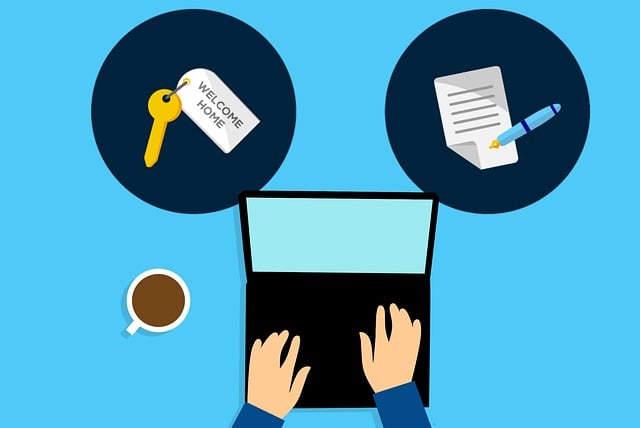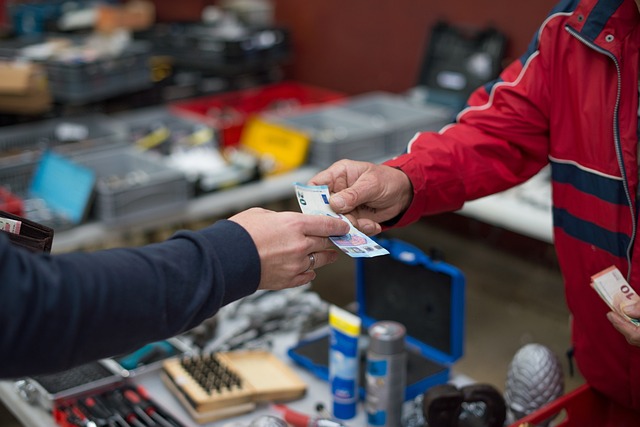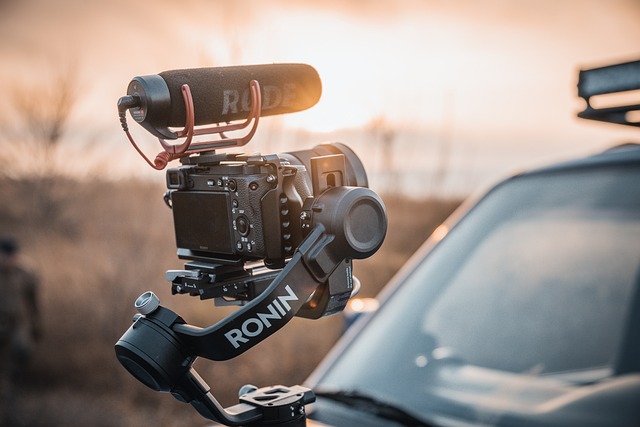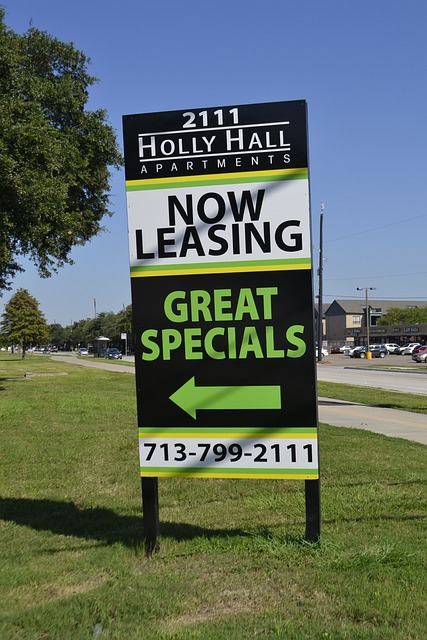In decision-making between lease renewal and equipment resale, a comprehensive cost analysis is key. Businesses should weigh leasing benefits like flexibility and potential tax deductions against buying advantages such as asset ownership and long-term savings. Tax considerations, maintenance costs, operational expenses, and strategic goals must be evaluated to determine the optimal path for financial and growth objectives, whether retaining flexibility through leasing or investing in future growth by buying.
When it comes to managing equipment, businesses often face a crucial decision: renew the lease or resell the assets. This article guides you through the strategic choices of lease renewal and equipment resale, delving into their respective pros and cons. We’ll explore cost analysis, leasing benefits, buying advantages, tax considerations, and financial implications, empowering you to make informed decisions for optimal asset ownership and management.
- Understanding Lease Renewal: Pros and Cons
- Equipment Resale: Unlocking Financial Freedom
- Cost Analysis: A Closer Look at Expenses
- Leasing Benefits: Flexibility and Convenience
- Buying Advantages: Long-Term Ownership and Control
- Tax Considerations and Financial Implications: Navigating the Complexities
Understanding Lease Renewal: Pros and Cons
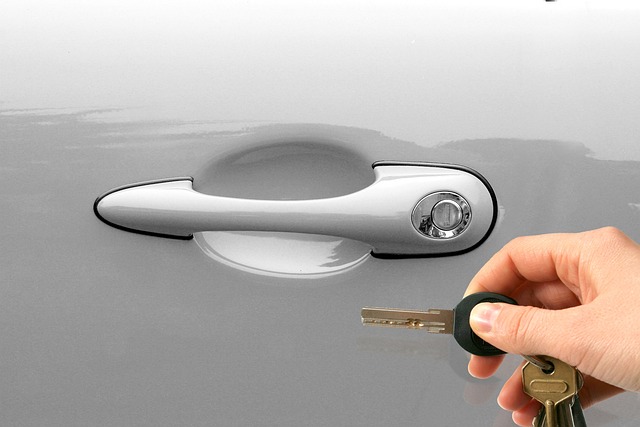
Lease renewal offers a convenient path for businesses to continue using their equipment without the immediate burden of purchasing. It involves negotiating new terms with the current leasing company, allowing for potential adjustments in lease duration, payment amounts, and even technology upgrades. This option extends the life of the equipment while maintaining operational continuity.
However, lease renewal does come with considerations. The long-term financial implications should be carefully evaluated through a cost analysis, comparing ongoing lease payments against potential savings from buying outright. Tax considerations, such as depreciation and capital gains, also play a role in determining if leasing or buying offers greater advantages. Ultimately, while leasing provides flexibility and preserves cash flow, it does not lead to asset ownership—a key factor for businesses aiming for long-term cost savings through equipment investments.
Equipment Resale: Unlocking Financial Freedom
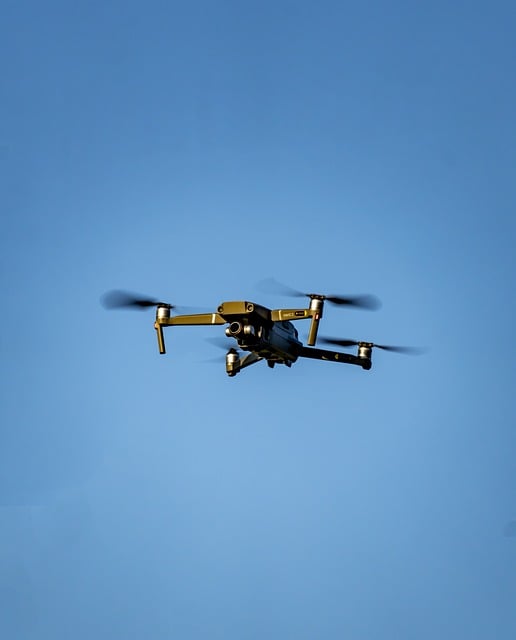
Equipment resale offers a compelling alternative to lease renewal, unlocking financial freedom that can be hard to achieve through traditional leasing models. When considering equipment resale, businesses have the opportunity to sell back their existing assets and instantly reduce operational costs. This strategic move provides immediate cash flow benefits, allowing companies to reallocate resources towards other critical areas of growth. A thorough cost analysis comparing lease payments against resale value reveals significant financial implications, often showcasing substantial savings over the long term.
Moreover, choosing equipment resale comes with distinct buying advantages. Instead of being tied to recurring lease payments, businesses regain asset ownership and can leverage the proceeds from the sale to invest in new technologies or strategic initiatives. Tax considerations also play a pivotal role, as the resale of assets may offer tax benefits not readily available through leasing. By carefully evaluating both financial implications and leasing benefits, organizations can make informed decisions that align with their long-term financial goals.
Cost Analysis: A Closer Look at Expenses
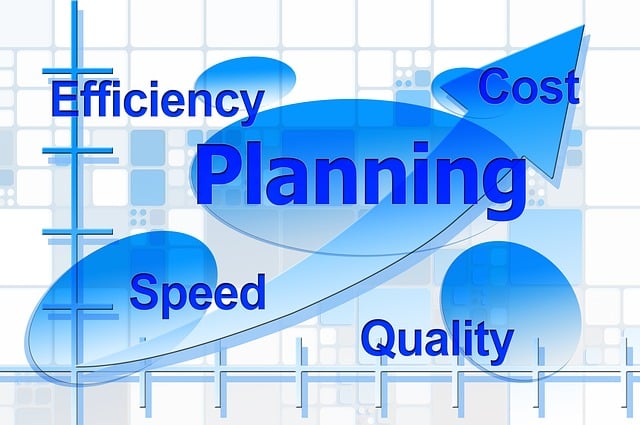
When considering lease renewal or equipment resale, a thorough cost analysis is paramount to making an informed decision. While leasing offers flexibility and potential tax advantages, it often comes with recurring costs and restrictions on asset ownership. Buying, on the other hand, provides complete control and the ability to sell or upgrade equipment based on evolving business needs, but requires a significant upfront investment.
A meticulous breakdown of financial implications should factor in not only the base cost of the equipment but also maintenance, repair, and operational expenses. Tax considerations, such as depreciation and potential resale value, must also be accounted for. Understanding these nuances allows businesses to weigh the long-term benefits of leasing against the buying advantages, ultimately aligning their decision with their financial goals and strategic objectives.
Leasing Benefits: Flexibility and Convenience
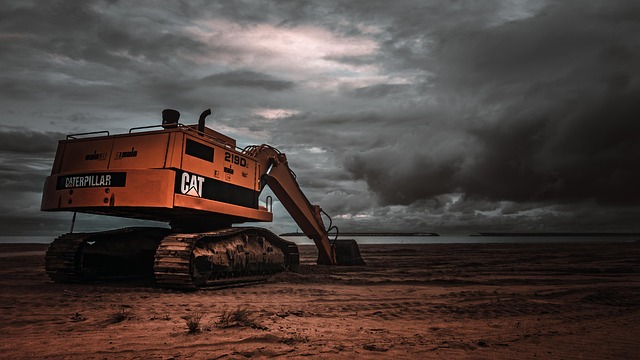
Leasing offers a range of benefits that can make it an attractive option for businesses considering their equipment needs. One of the key advantages is flexibility. Leasing allows companies to quickly adapt to changing market conditions and technology trends. Instead of committing to a long-term purchase, leasing provides the freedom to upgrade or switch equipment more easily, aligning with business growth plans. This is particularly beneficial for startups or industries with rapid technological advancements, where staying current is essential.
Convenience is another leasing benefit that cannot be overlooked. It eliminates the hassle of managing and maintaining assets. Equipment maintenance, repairs, and replacements are typically covered in the lease agreement, saving businesses time and resources. Additionally, leasing can offer advantageous tax considerations. Depending on local regulations, lease payments may be deductible as operating expenses, providing a significant financial implication for cost analysis. Unlike purchasing, which results in asset ownership, leasing keeps the equipment under the vendor’s control, allowing them to dispose of or re-lease it after the term ends. This buys businesses time to make informed decisions about their long-term equipment needs without the immediate burden of ownership.
Buying Advantages: Long-Term Ownership and Control

When considering lease renewal versus equipment resale, understanding the buying advantages offers a compelling perspective. One of the primary benefits is long-term asset ownership and control. By purchasing equipment outright, businesses gain full proprietorship, eliminating the need for future lease payments. This financial decision can provide significant cost savings over time, as there are no more recurring lease charges to factor into operational budgets.
Moreover, buying advantages extend beyond immediate financial implications. Tax considerations play a crucial role; owning assets allows for potential tax deductions and write-offs that leasing may not offer. It provides businesses with greater flexibility in managing their finances and asset portfolio, contributing to long-term financial stability and strategic planning.
Tax Considerations and Financial Implications: Navigating the Complexities
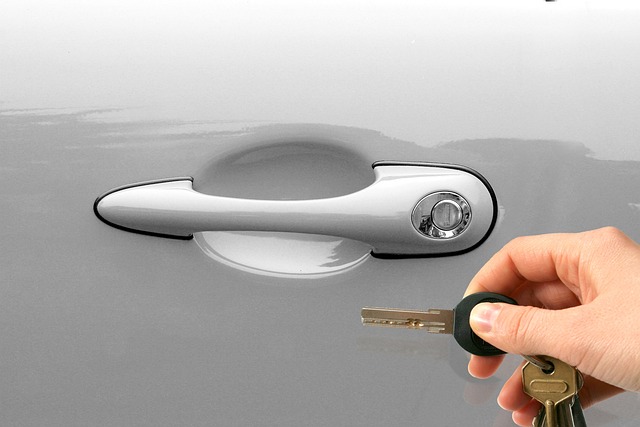
When considering lease renewal or equipment resale, understanding the tax implications and financial impact is crucial for making an informed decision. Each option presents unique advantages and disadvantages that can significantly affect a company’s bottom line.
Leasing offers several benefits, including potential tax advantages as expenses related to maintenance and repairs are often deductible. It provides flexibility, allowing businesses to upgrade equipment regularly without the commitment of long-term ownership. However, at the end of the lease term, there may be costs associated with returning or purchasing the equipment. In contrast, reselling equipment confers immediate financial benefits through the realization of asset ownership, but buyers must consider capital gains taxes and potential depreciation when selling assets within a short period after acquisition. A thorough cost analysis is essential to weigh these factors and determine the most financially prudent path for each organization.
